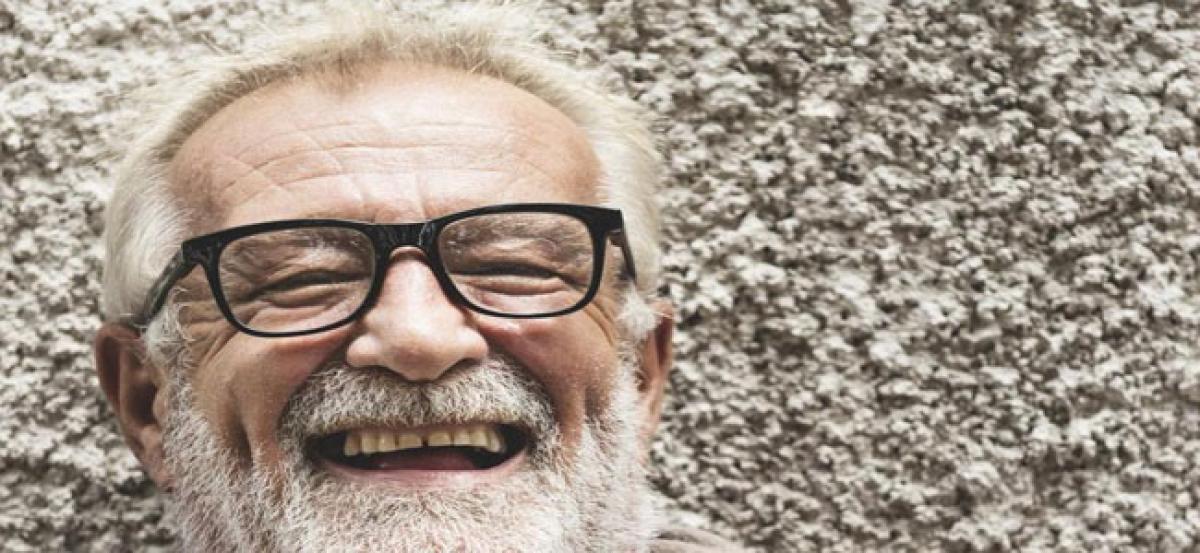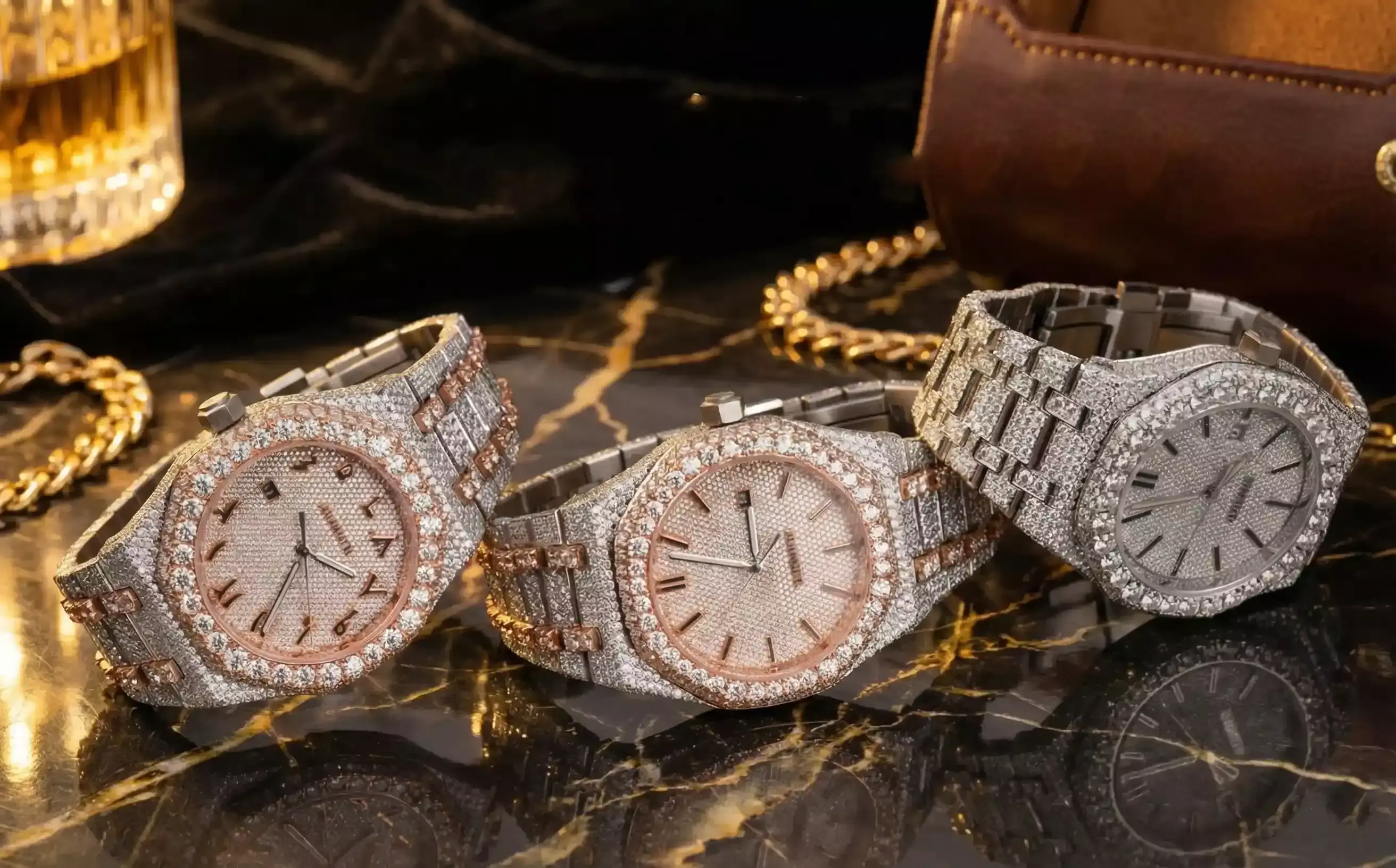Do you have wrinkles around your eyes? It means you’re a sincere person

People who get wrinkles around their eyes while smiling or frowning are perceived by others as more sincere, according to a study.
Wrinkles around the eyes convey more intense and sincere emotions, according to a study.
People who get wrinkles around their eyes while smiling or frowning are perceived by others as more sincere, according to a study.
Researchers at Western University in Canada have shown that our brains are pre-wired to perceive wrinkles around the eyes as conveying more intense and more sincere emotions.
This eye-wrinkle feature, called the Duchenne marker, occurs across multiple facial expressions, including smiles, expressions associated with pain, and - as found by the researchers - expressions of sadness.
Using a method called visual rivalry, the researchers showed participants photos of expressions with and without the Duchenne marker to study which of the expressions our brains perceive as more important.
When different images are shown in each eye, the brain alternates between these two images, but will bring the image that is perceived as more relevant into perceptual awareness more often.
Visual rivalry is like a window into the unconscious, and demonstrates what our brains involuntarily see as more relevant or important, according to the study published in the journal Emotion.
“The expressions involving the Duchenne marker were always dominant. So if the emotion is more intense, your brain actually prefers to bring it into perceptual awareness for longer time,” said Julio Martinez-Trujillo, a professor at Western University.
The researchers also asked participants to rate the expressions on a scale for intensity and sincerity, and found that people systematically ranked the Duchenne smiles and Duchenne sad expressions as more sincere and more intense than the non-Duchenne expressions.
“These findings provide evidence of a potential universal language for reading emotions. In other words, a given facial action may have a single role across multiple facial expressions - especially if that facial action shapes your social interactions,” said Nour Malek from Western University.
“For example, knowing if a stranger’s smile is genuine and whether that person can be trusted, warns you whether you should evade or not,” said Malek.


















